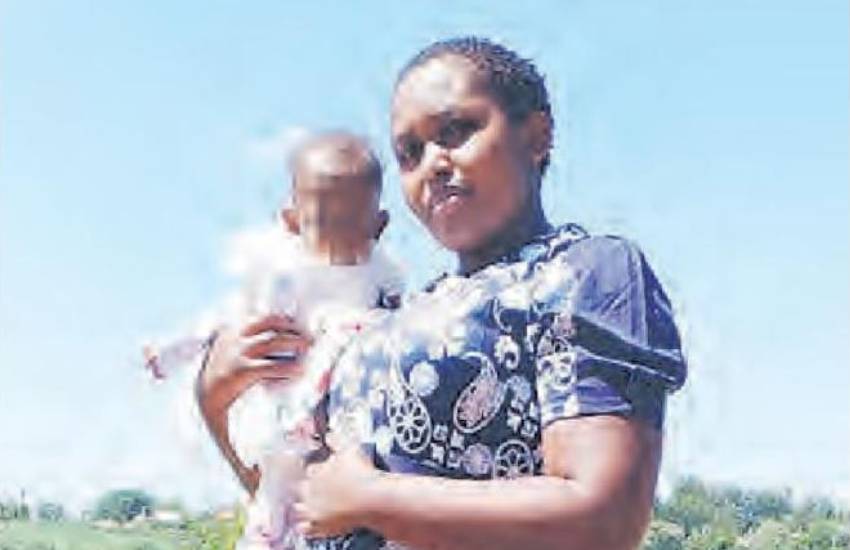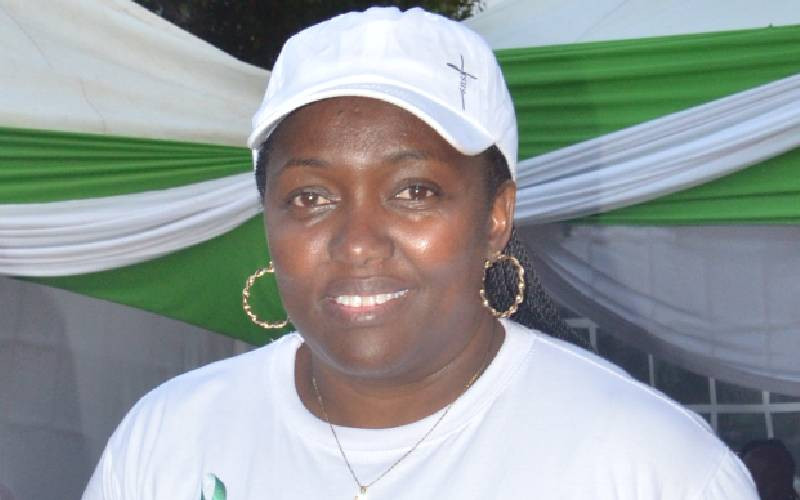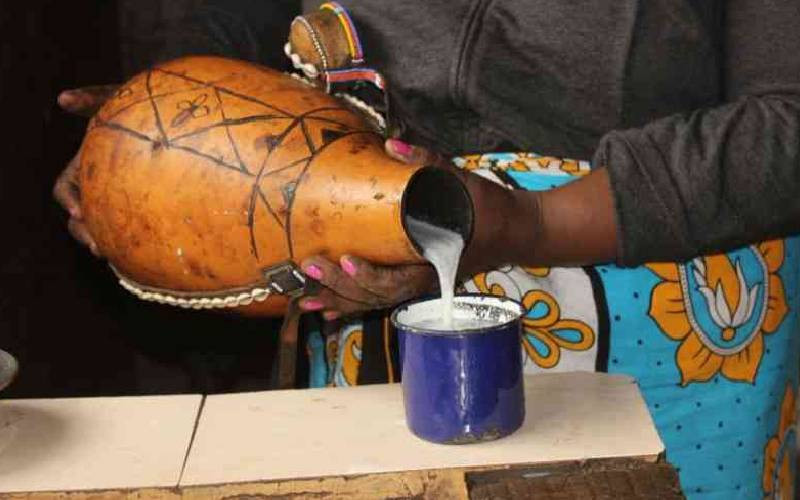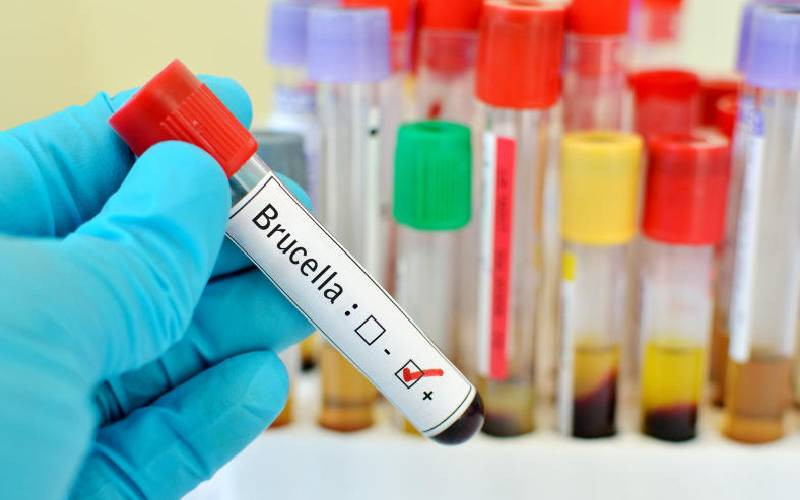
Carolyn Waruguru Karanja was ready for motherhood, but didn’t imagine it would stretch to endless hospital visits. To her, hospitals were for postnatal clinic checkups only. But running around medical facilities shortly became her new reality when her daughter, Elyana, was diagnosed with biliary atresia six weeks after her birth on January 20, 2020.
Biliary atresia occurs when the bile duct between the liver and the intestines is obstructed and “this condition leads to very little or no bile juice flow to the intestines and thereby damages the liver,” says Waruguru of the doctor’s explanation of the condition.
Biliary atresia also has no known causes.
Waruguru recalls that Elyana was “in breech but was born normally, not via a CS.” Breech babies are those born feet first instead of the head, but “I was able to give birth in a normal way. In other cases, “breech babies require C-section. But I did not get operated on because the theatres were full and by the time they were free, I had already delivered.”
But the baby was under medication from day one starting with oxygen at the nursery for a week before she was later diagnosed with jaundice, in which the eyes have a yellow pigment.
Medics said the baby “had a high level of bilirubin which only meant she was jaundiced” from her liver failing to efficiently process red blood cells.
Up until baby Elyana’s recent death, jaundice had not cleared but before then more medical examinations showed that Elyana had biliary atresia, a rare medical condition that requires a liver transplant.
Waruguru, a teacher, says the new life meant “I had to be a full-time mother for a whole year since “the transplant surgery was not available in Kenya. Baby Elyana needed the company of the donor and caregiver to India and which required Sh8 million. Of that, Sh3 million was for surgery alone.”
Elyana had surgery at the Kijabe Mission Hospital awaiting the transplant in India where she died of cardiac arrest occasioned by oral bleeding from the gums before the liver transplant operation was done.
“I am still trying to cope with the pain, it is hard,” sobs Waruguru who had been advised by people to get another child but “God gave me Elyana as my first child” she swore.
Waruguru was determined to knock on every door to meet her liver transplant cost as “seeing my baby in her condition left me devastated. It is tormenting to see her suffer under machines. I broke down countless times.”
Dr Timothy Jumbi a pediatric surgeon, explains that conditions like Elyana’s are ‘congenital anomalies’ basically medical conditions children are born with and can affect any part of the body from head to toe.
Common congenital conditions, explains Dr Jumbi include; hydrocephalus (fluid in the head), heart and brain defects and tumors or cancers, intestinal atresia (intestinal narrowing) all of which require surgery.
In the genito-urinary system, children can be born with defective genitalia and defects in the liver-which might lead to future kidney failure even after surgery.
“Congenital defects affect one in 5,000 to around one in 20,000 of children born,” says Dr Jumbi but with good preparation and neonatal care, most children survive the surgery and live a near-normal life. But some die.
Dr Jumbi argues that some conditions have no alternative but surgery and with advanced technology and equipment “we can operate even a one-day-old baby.”
Some congenital conditions are genetic while others occur during gestation from whatever the mother was exposed to.
 The Standard Group Plc is a multi-media organization with investments in media
platforms spanning newspaper print
operations, television, radio broadcasting, digital and online services. The
Standard Group is recognized as a
leading multi-media house in Kenya with a key influence in matters of national
and international interest.
The Standard Group Plc is a multi-media organization with investments in media
platforms spanning newspaper print
operations, television, radio broadcasting, digital and online services. The
Standard Group is recognized as a
leading multi-media house in Kenya with a key influence in matters of national
and international interest.











